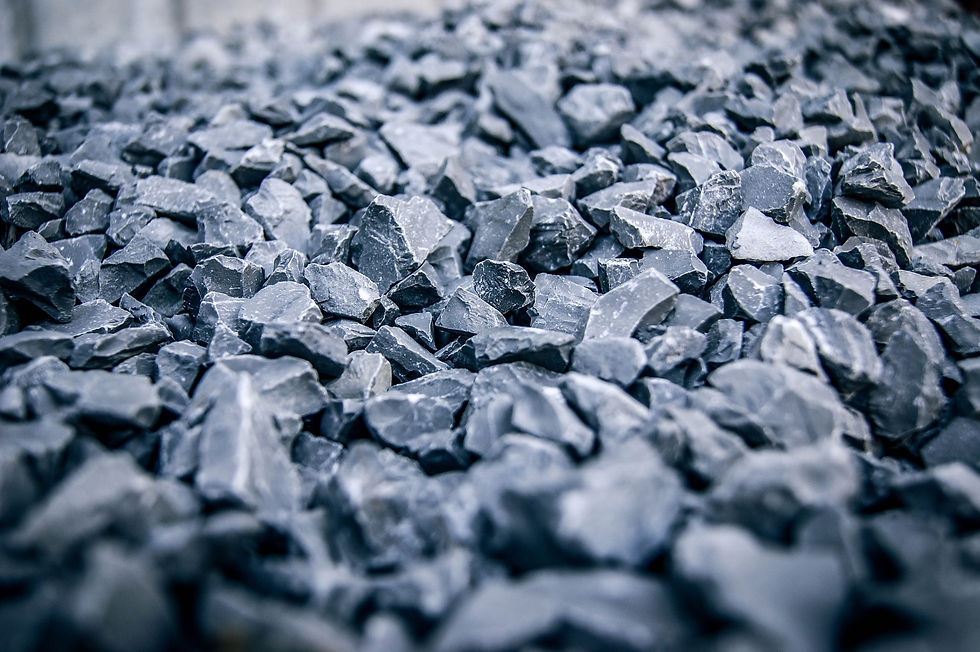Every building stone which is used for construction, cannot satisfy all the ideal requirements. For example, when the stone satisfies the requirement of strength and durability, it may not do the same with other necessities such as ease of dressing. Hence it is the job of the site engineer to look into the properties which are required for the specific work and select the stone accordingly.
A good building stone should have the following qualities:
Appearance:
Building Stones used for the face work of the building should have fine, compact texture.
They should be free from clay holes, bands or spots of color.

Structure:
A stone when broken, should not be dull in appearance and should show uniformity of texture. It should be free from cavities, cracks, and patches of loose or soft material.

Strength:
Stones used in construction should be strong and durable to withstand the disintegrating action of weather. Stones should be tested for its strength. Stones with compact fine crystalline texture are stronger. Compressive strength of building stones range between 60 to 200 N/mm2.

Hardness:
When stones are utilized for floors, pavements, aprons of bridges and weirs of rivers, the stones are subjected to abrasive forces which are caused by the wear and friction. Hence the stones which are to be used in such places should be tested for hardness.

Toughness:
It is the measure of impact that a stone can withstand. When the stones are supposed to undergo vibrations of machinery and moving loads, they should be tough.

Absorption:
Stones should be tested for porosity and porous stones should be used only at places where they don’t encounter frost, rain or moisture in any form. Water absorption is directly proportional to the porosity of the rock. The more porous the rock is, the more water it will absorb and leads to the damaging of stone.
The types of some of the stones and their maximum limit of water absorption (%) is as follows:
Sandstone : 10
Limestone : 10
Granite : 1
Trap : 6
Shale : 10
Gneiss : 1
Slate : 1

Fire Resistance:
Building Stones should be free from calcium carbonate, oxides of iron, and minerals having different coefficients of thermal expansion. Igneous rock undergo major disintegration because of quartz which disintegrates into small particles at a temperature of about 575 degree Celsius . Limestone, however, can withstand a little higher temperature; i.e. up to 800 degree Celsius after which they disintegrate

You can also check our facebook page where you also get amazing posts related to construction materials.

Comments